Summaries of books about Politics & Social Sciences:
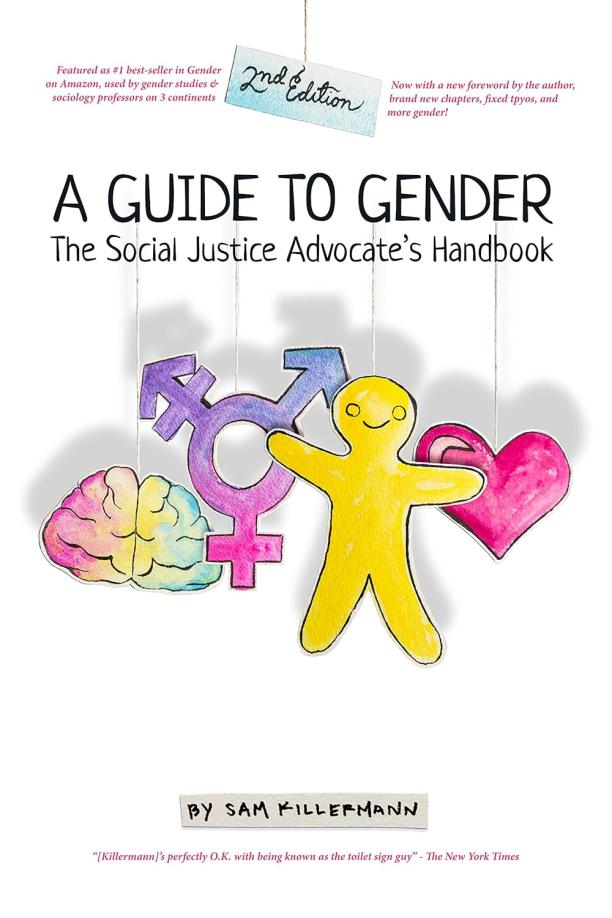
A Guide to Gender
The Social Justice Advocate's Handbook
Sam Killermann
The book provides an accessible exploration of gender from a social justice perspective, discussing concepts like gender identity, expression, and the complexities of societal norms. It offers practical tools for understanding and engaging with gender-related issues, aiming to foster empathy and advocate for inclusivity.
See full summary
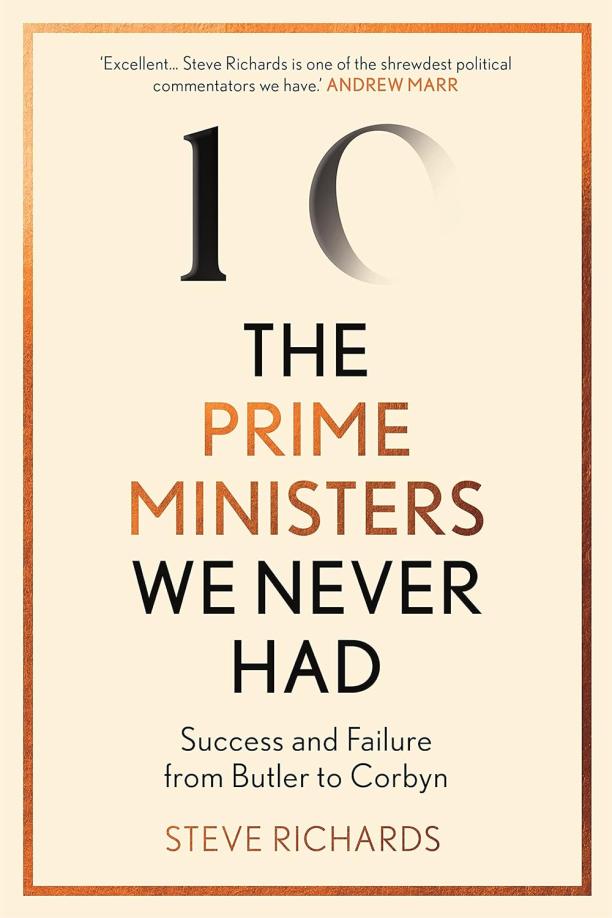
The Prime Ministers We Never Had
Success and Failure from Butler to Corbyn
Steve Richards
The book examines the political careers and circumstances of British politicians who came close to becoming Prime Minister but ultimately never did, analyzing the factors that led to their near-miss and the impact they had on UK politics. It delves into the personal and professional lives of these individuals, exploring the complexities of leadership, the volatility of political fortune, and the often unpredictable nature of democratic processes.
See full summary
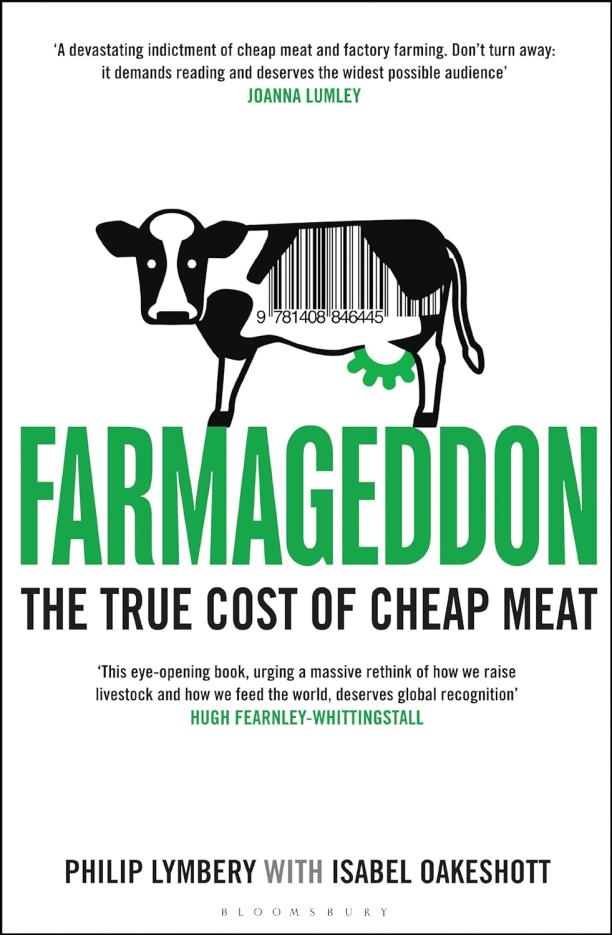
Farmageddon
The True Cost of Cheap Meat
Philip Lymbery
The book exposes the detrimental effects of industrial farming on animals, the environment, and human health, highlighting the unsustainable practices and ethical concerns associated with mass meat production. It advocates for a shift towards more humane and eco-friendly farming methods, emphasizing the importance of consumer choices in driving change within the food industry.
See full summary

Unfair
The New Science of Criminal Injustice
Adam Benforado
The book delves into the psychological biases and systemic flaws within the American criminal justice system that can lead to wrongful convictions and unjust outcomes. It uses insights from psychology and neuroscience to highlight how factors like memory fallibility, implicit bias, and institutional incentives often undermine the pursuit of true justice.
See full summary
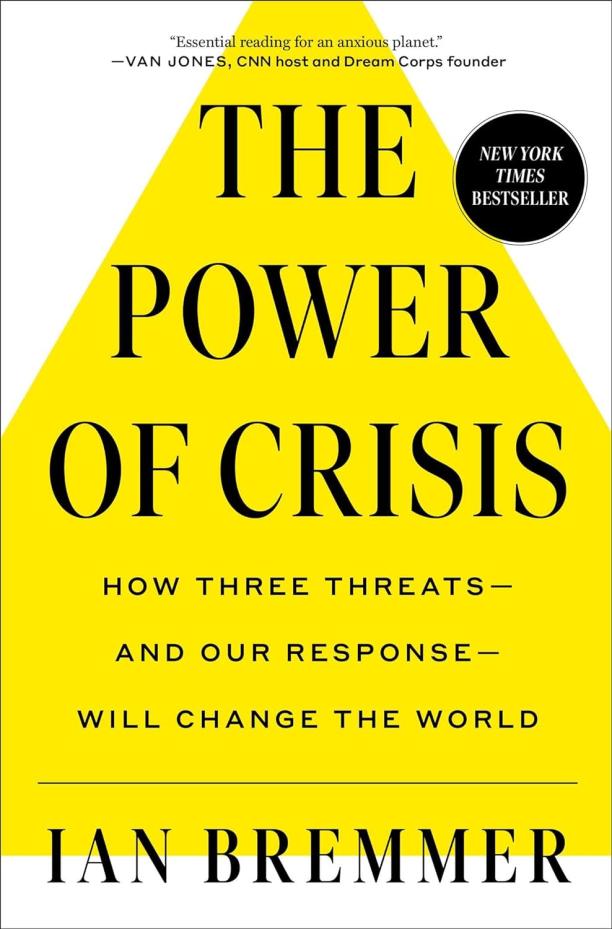
The Power of Crisis
How Three Threats – and Our Response – Will Change the World
Ian Bremmer
The book examines how three major global crises—climate change, technological disruption, and the rise of geopolitical competition—pose significant challenges to the world. It explores how nations and leaders can leverage these crises as catalysts for positive change, driving innovation, cooperation, and a rethinking of global governance.
See full summary
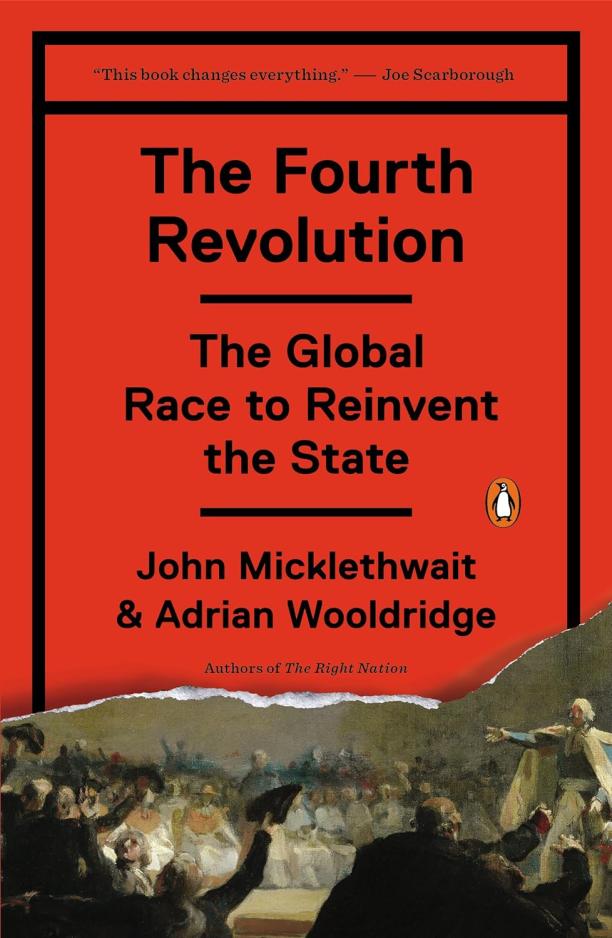
The Fourth Revolution
The Global Race to Reinvent the State
John Micklethwait|Adrian Wooldridge
The book explores the evolution of the modern state through four distinct revolutions and argues that we are on the cusp of a fourth revolution driven by technological advancements and global challenges. It examines how governments around the world are struggling to adapt to these changes and the potential paths they might take to become more efficient and responsive to citizens' needs.
See full summary
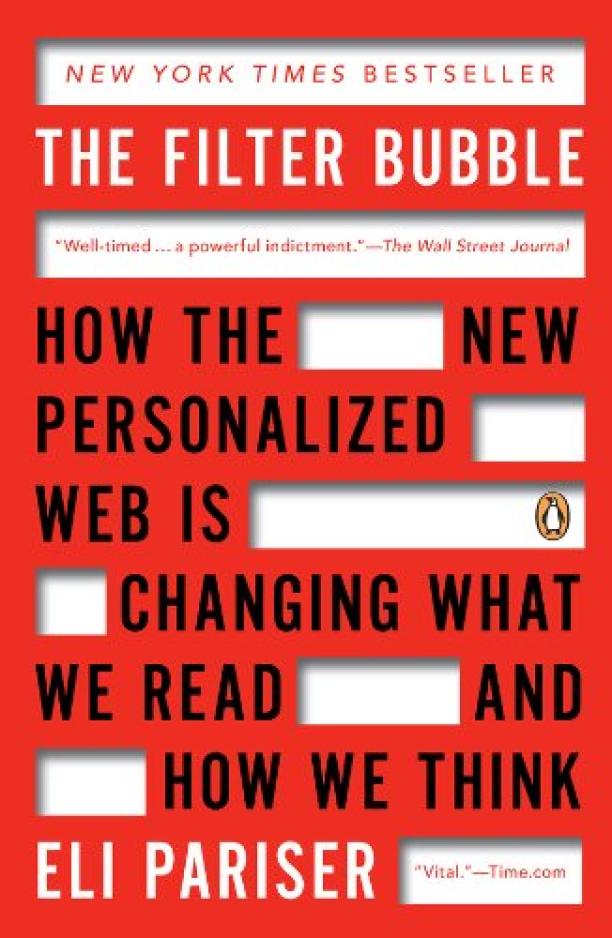
The Filter Bubble
How the New Personalized Web Is Changing What We Read and How We Think
Eli Pariser
The book explores how internet personalization algorithms tailor content to individual users, creating isolated information ecosystems that limit exposure to diverse perspectives. It discusses the implications of these "filter bubbles" on society, democracy, and the way individuals perceive and understand the world.
See full summary
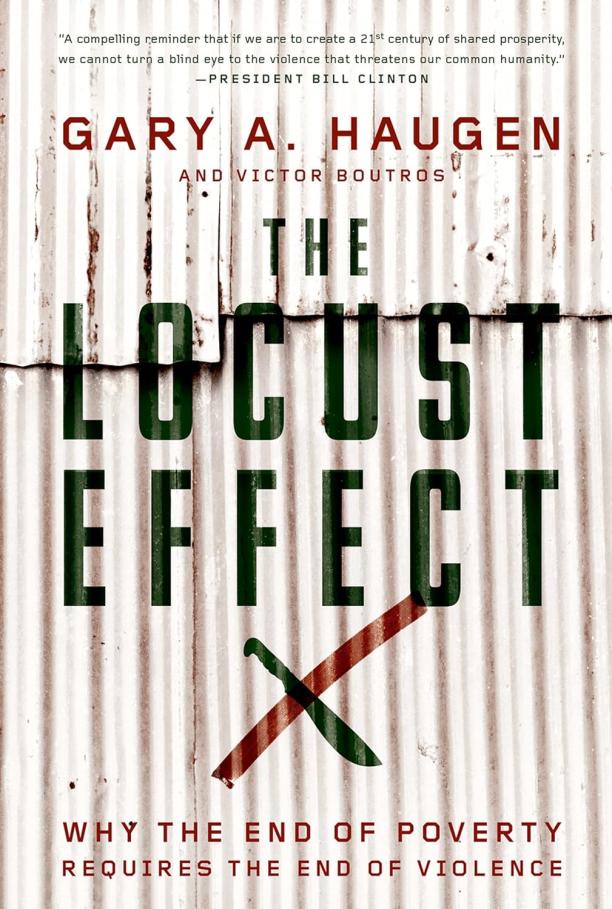
The Locust Effect
Why the End of Poverty Requires the End of Violence
Gary A. Haugen|Victor Boutros
The book argues that global poverty cannot be alleviated without addressing the pervasive issue of violence that disproportionately affects the poor, undermining their safety and security. It highlights the failure of justice systems in protecting the vulnerable and proposes that effective law enforcement and legal reforms are crucial for sustainable development and poverty reduction.
See full summary
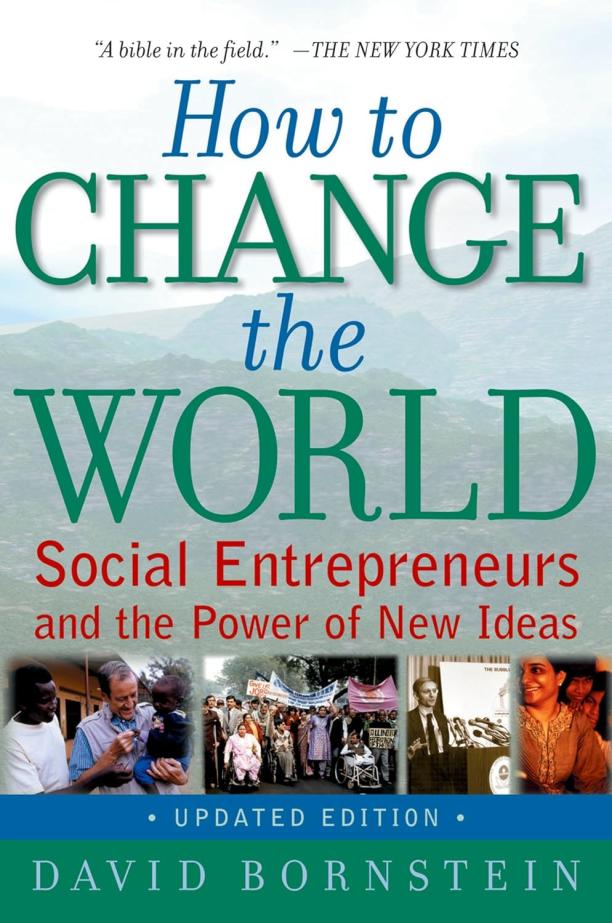
How to Change the World
Social Entrepreneurs and the Power of New Ideas, Updated Edition
David Bornstein
The book profiles social entrepreneurs who have developed innovative solutions to address various social and environmental issues around the world. It explores how these individuals combine practical problem-solving with a vision for change, inspiring readers with their stories and the impact of their work.
See full summary
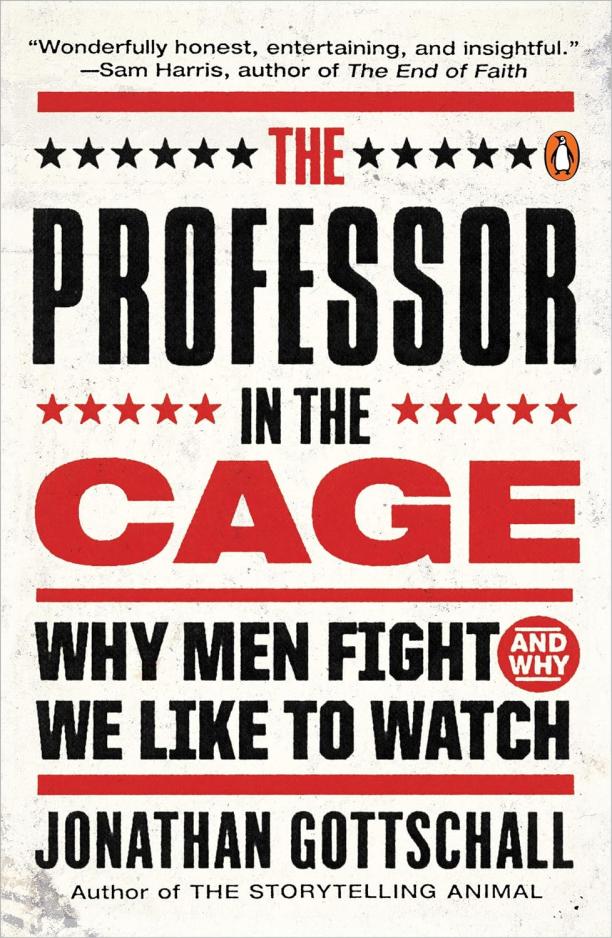
The Professor in the Cage
Why Men Fight and Why We Like to Watch
Jonathan Gottschall
The book explores the psychology and sociology behind why men are drawn to physical confrontations, using the author's own experience training in mixed martial arts as a lens. It delves into the evolutionary roots of male aggression and the cultural significance of sports like boxing and MMA, examining both the personal and societal implications of combative instincts.
See full summary